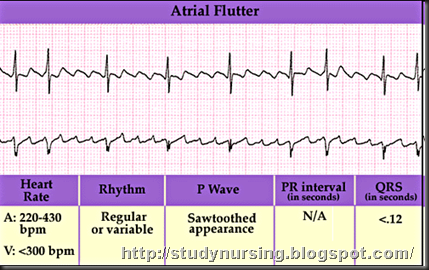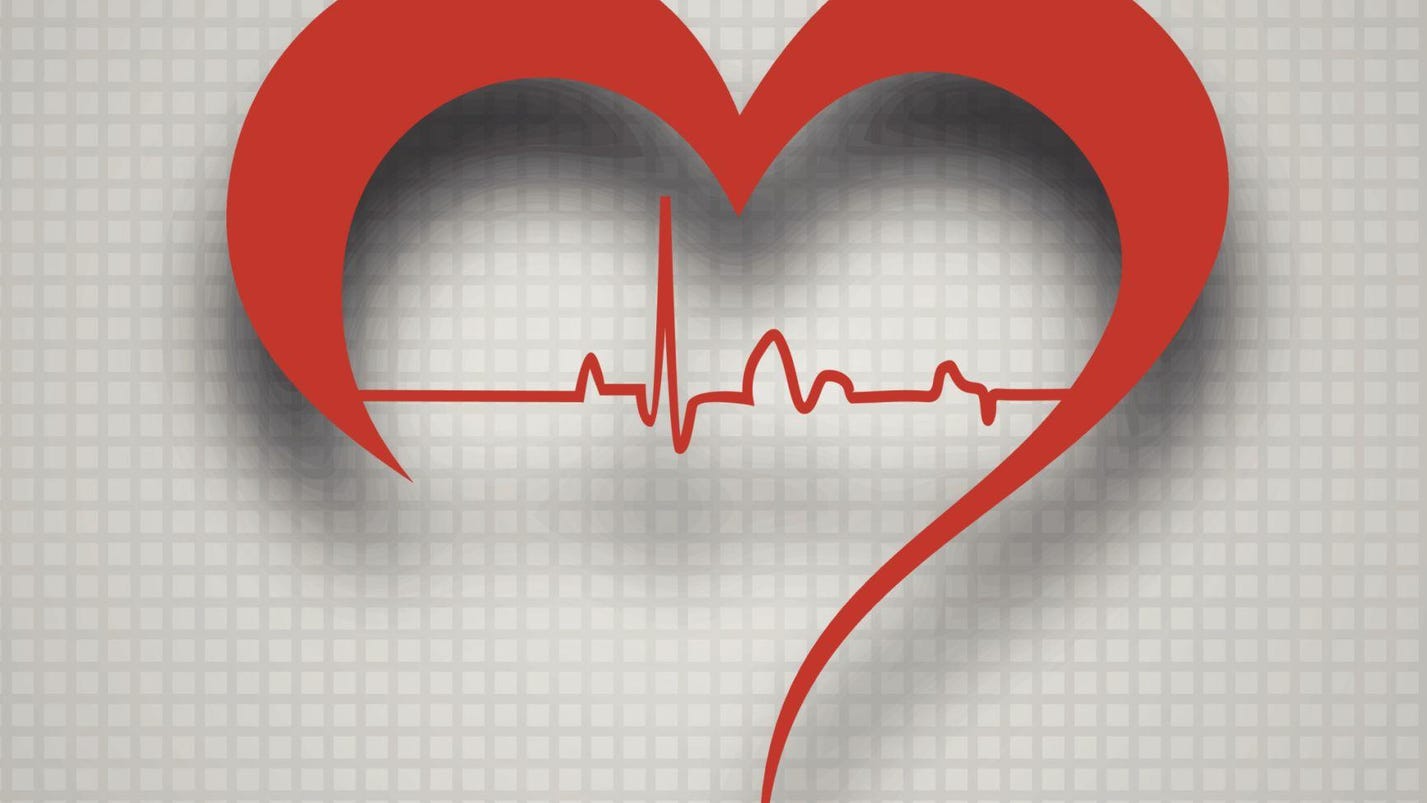
How you prepareīefore the chest X-ray, you generally undress from the waist up and wear an exam gown. The procedure can be performed in a way to protect your abdomen from the radiation. Tell your doctor if you're pregnant or might be pregnant. But the amount of radiation from a chest X-ray is low - even lower than what you're exposed to through natural sources of radiation in the environment.Įven though the benefits of an X-ray outweigh the risk, you may be given a protective apron if you need multiple images. You may be concerned about radiation exposure from chest X-rays, especially if you have them regularly.


A chest X-ray usually is taken after placement of such medical devices to make sure everything is positioned correctly. Catheters are small tubes used to deliver medications or for dialysis. Pacemakers and defibrillators have wires attached to your heart to help control your heart rate and rhythm.

A pacemaker, defibrillator or catheter.Your doctor can look at any lines or tubes that were placed during surgery to check for air leaks and areas of fluid or air buildup. Chest X-rays are useful for monitoring your recovery after you've had surgery in your chest, such as on your heart, lungs or esophagus. Rib or spine fractures or other problems with bone may be seen on a chest X-ray. Calcified nodules in your lungs are most often from an old, resolved infection. Its presence may indicate fats and other substances in your vessels, damage to your heart valves, coronary arteries, heart muscle or the protective sac that surrounds the heart. Chest X-rays can detect the presence of calcium in your heart or blood vessels. Because the outlines of the large vessels near your heart - the aorta and pulmonary arteries and veins - are visible on X-rays, they may reveal aortic aneurysms, other blood vessel problems or congenital heart disease. Changes in the size and shape of your heart may indicate heart failure, fluid around the heart or heart valve problems. For instance, fluid in your lungs can be a result of congestive heart failure. Chest X-rays can show changes or problems in your lungs that stem from heart problems. They can also show chronic lung conditions, such as emphysema or cystic fibrosis, as well as complications related to these conditions. Chest X-rays can detect cancer, infection or air collecting in the space around a lung, which can cause the lung to collapse. A chest X-ray can also be used to check how you are responding to treatment.Ī chest X-ray can reveal many things inside your body, including: A chest X-ray is often among the first procedures you'll have if your doctor suspects heart or lung disease. Your cardiologist may suggest you take an echocardiogram, an electrocardiogram, a Holter monitor or other diagnostic tests based on your situation and investigate the root cause of your heart flutter.Chest X-rays are a common type of exam. In our article, you can read more about the potential causes of palpitations and when to visit a medical practitioner. Palpitations may not always be linked with abnormal heart rhythm. The awareness of a heartbeat consciously is known as palpitation. So, it is essential to get your heart checked by a cardiologist if you feel frequent heart flutters. Some arrhythmias are harmless, whereas others have the potential to be dangerous and can even lead to certain death. Many heart flutters are caused by what is known as arrhythmias for any regular heart rhythm. Individuals' descriptions may vary - some describe the feeling as flip-flopping, pounding, racing, skipping, or fluttering. A drop in blood pressure forces the heart to maintain blood supply through faster, more muscular pumping. In addition, any factor affecting your heart's pumping capacity may also trigger increased heart rate and make you uncomfortable and aware of your heart beating. An irregular beating rhythm may be picked up sensations inside your chest. If there is an upset in any of these systems, the functioning of your heart may get affected, and it may beat irregularly. The heart beats through a complex interaction of its muscles, its valves, the pressure dynamics of blood, and an electrical system that controls its rhythm. Every individual may experience palpitations and arrhythmias differently. However, in some people, the feeling of fluttering may be described as the feeling of skipping a beat or an abnormal heart rhythm. Some conditions that affect the heart can also trigger this awareness, also known as palpitations.

However, when due to exercise or stress, you may start feeling your heart racing. You can not normally feel a normally beating heart rhythm. Different symptoms may be described as heart flutter.


 0 kommentar(er)
0 kommentar(er)
